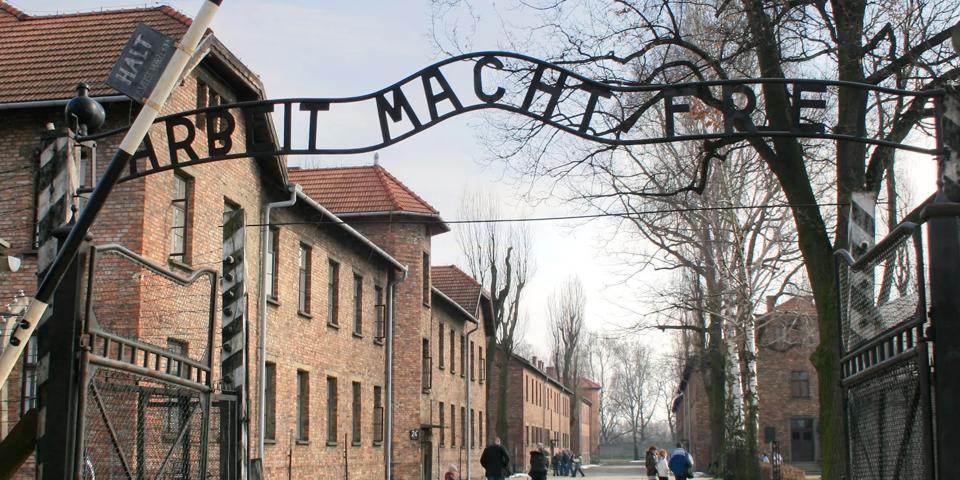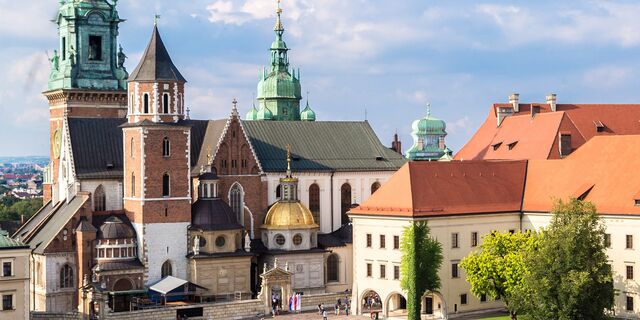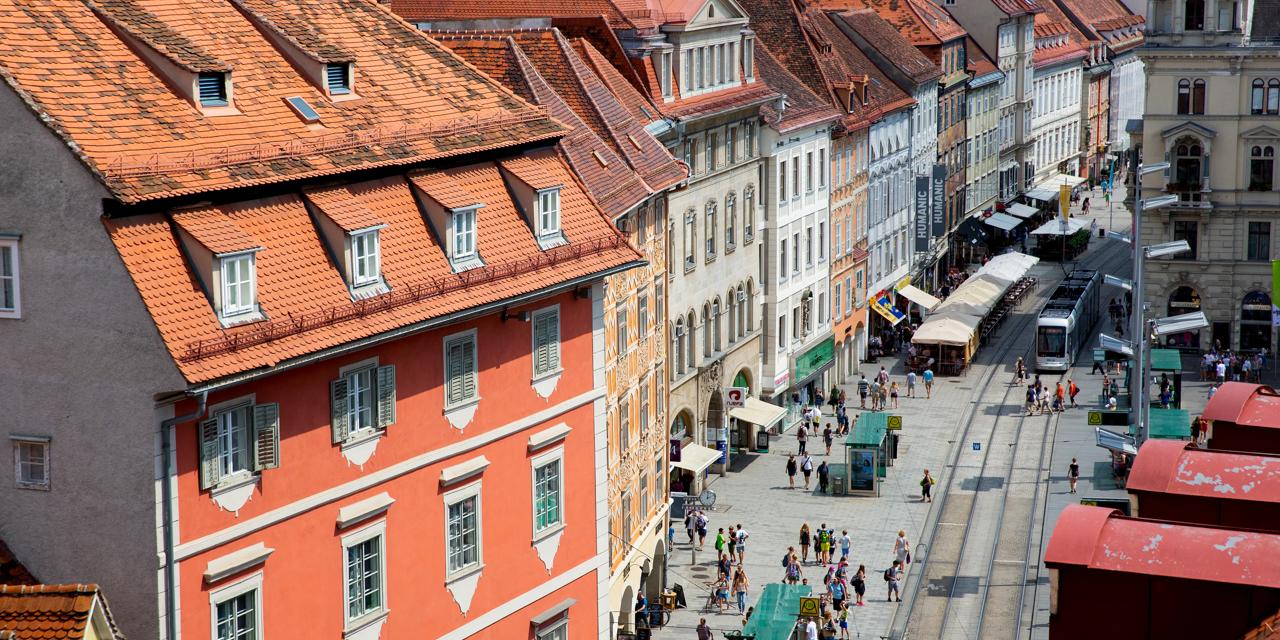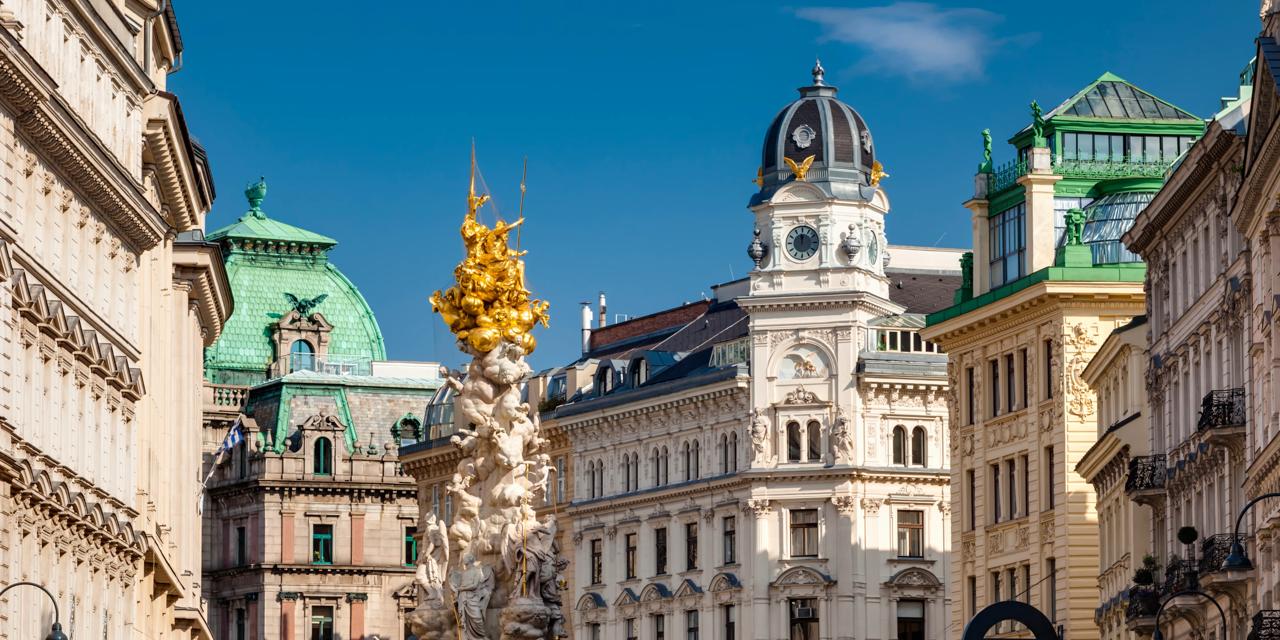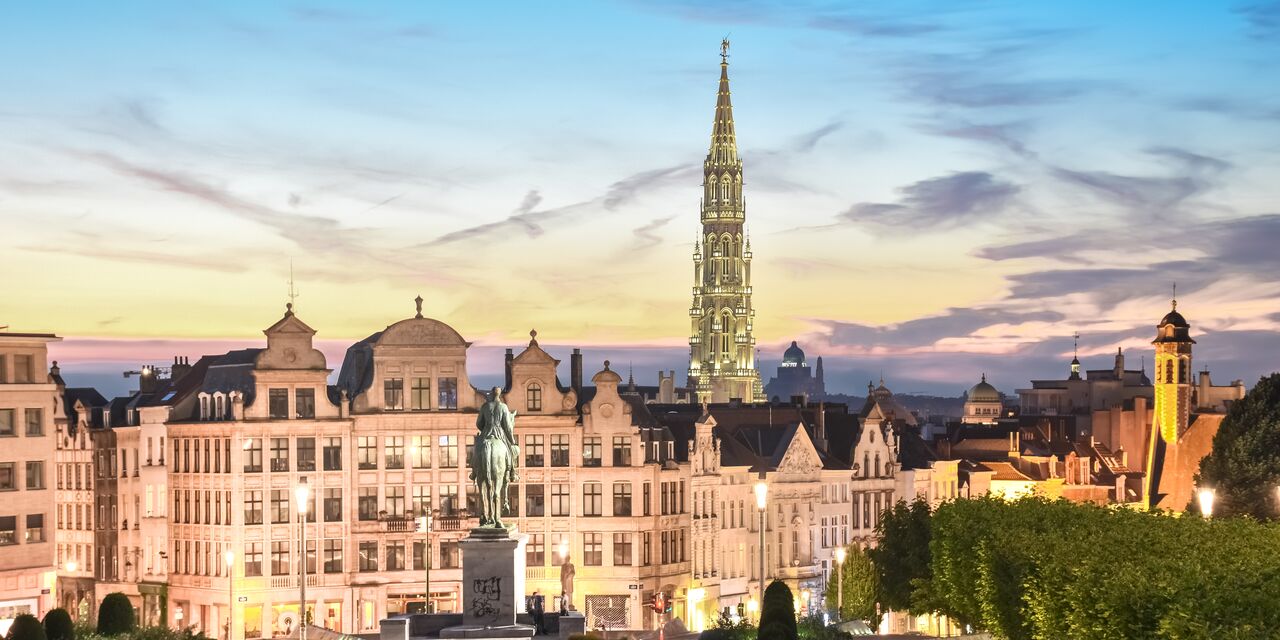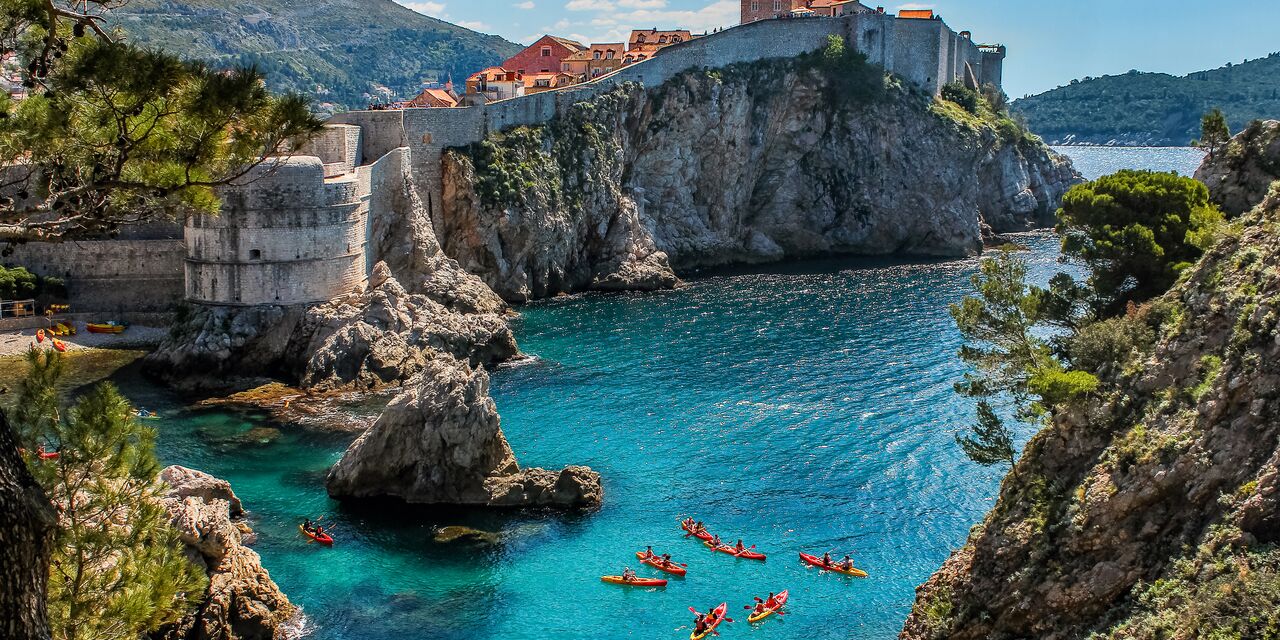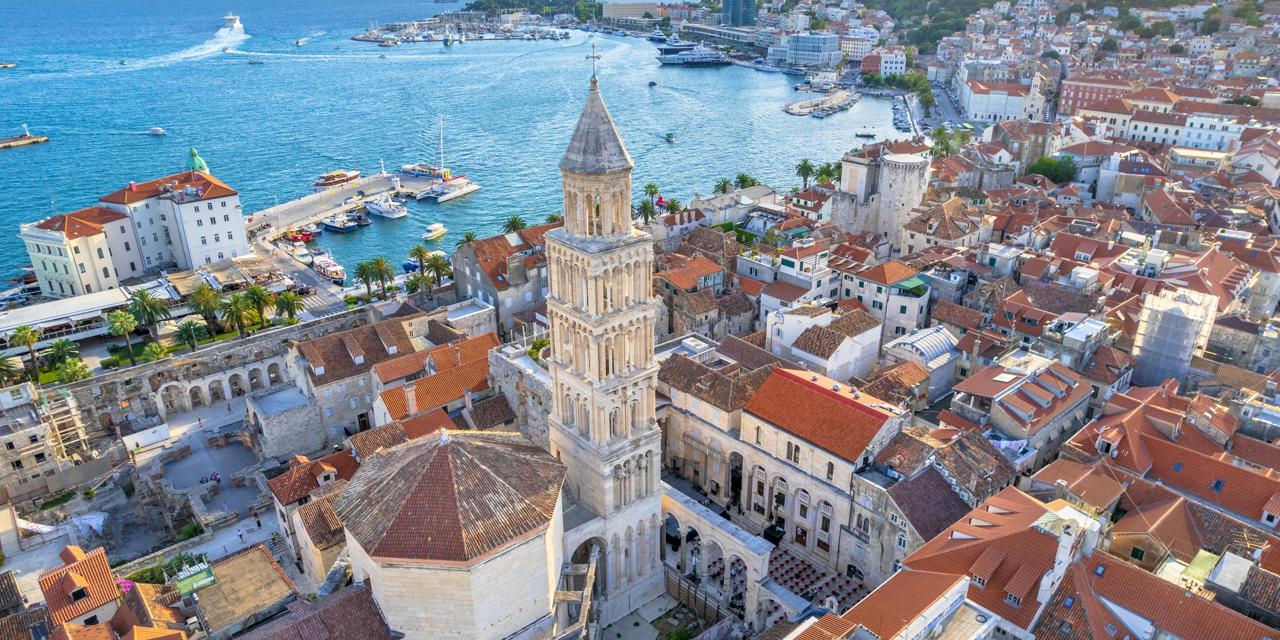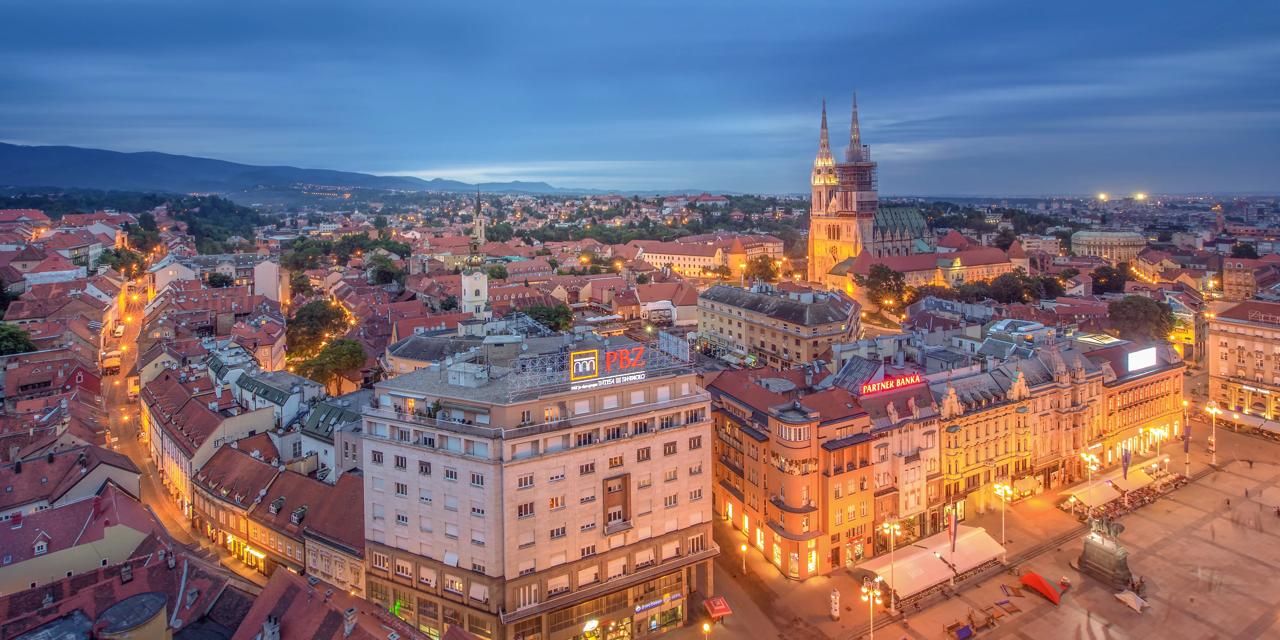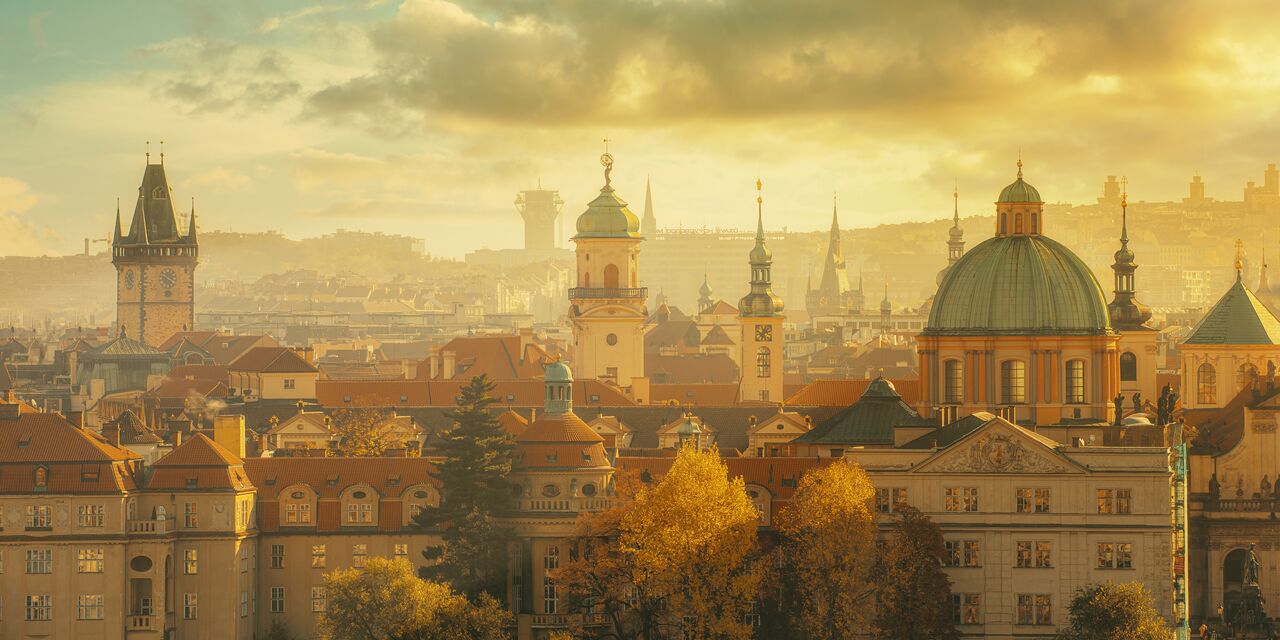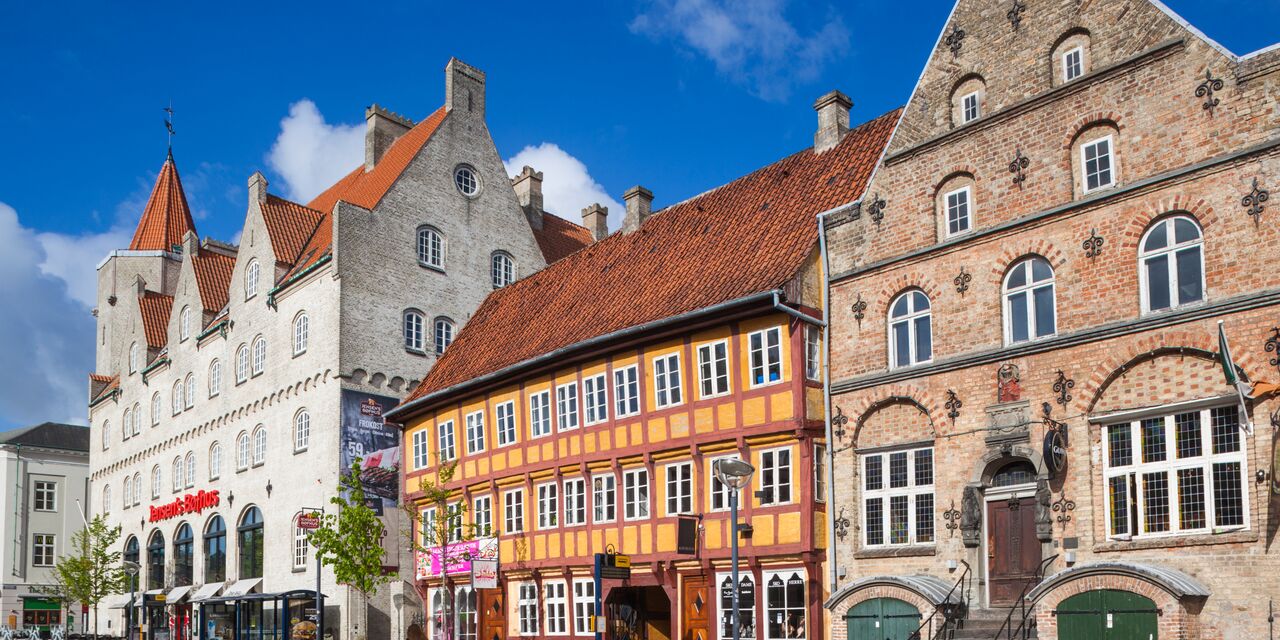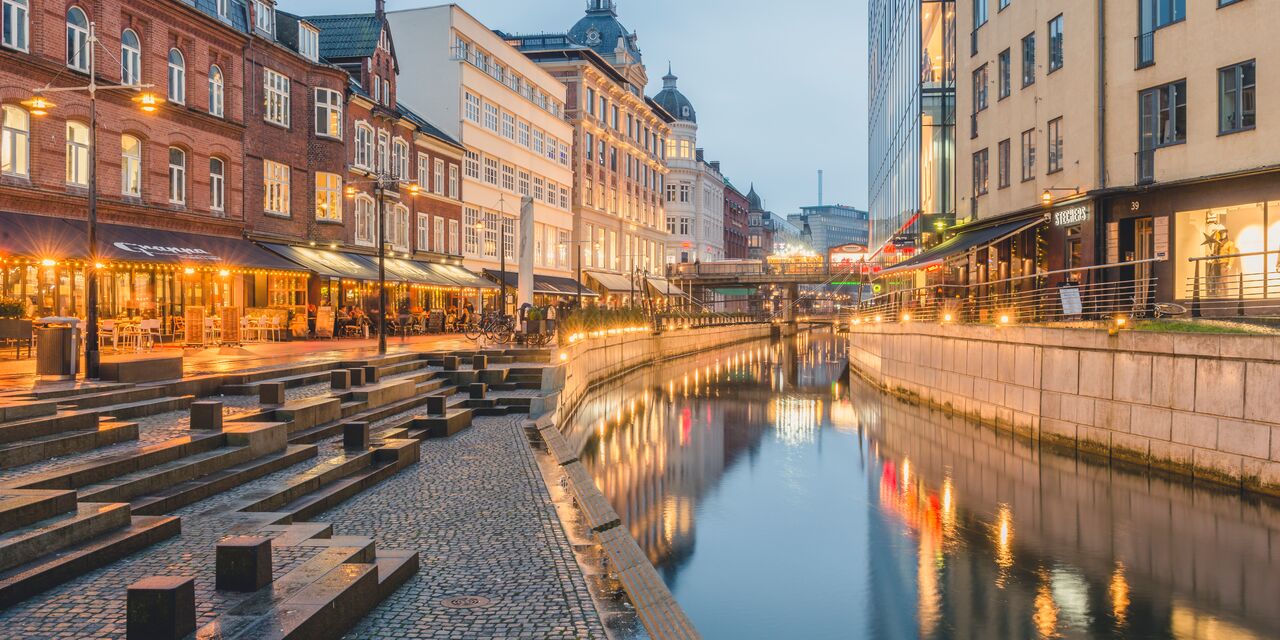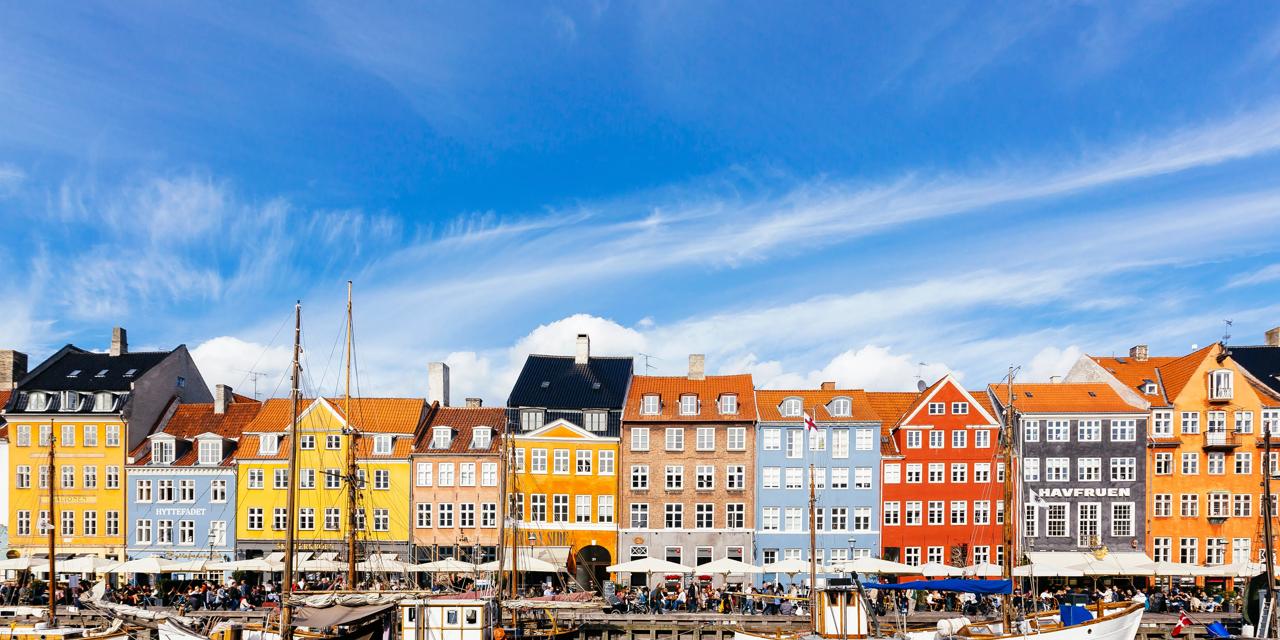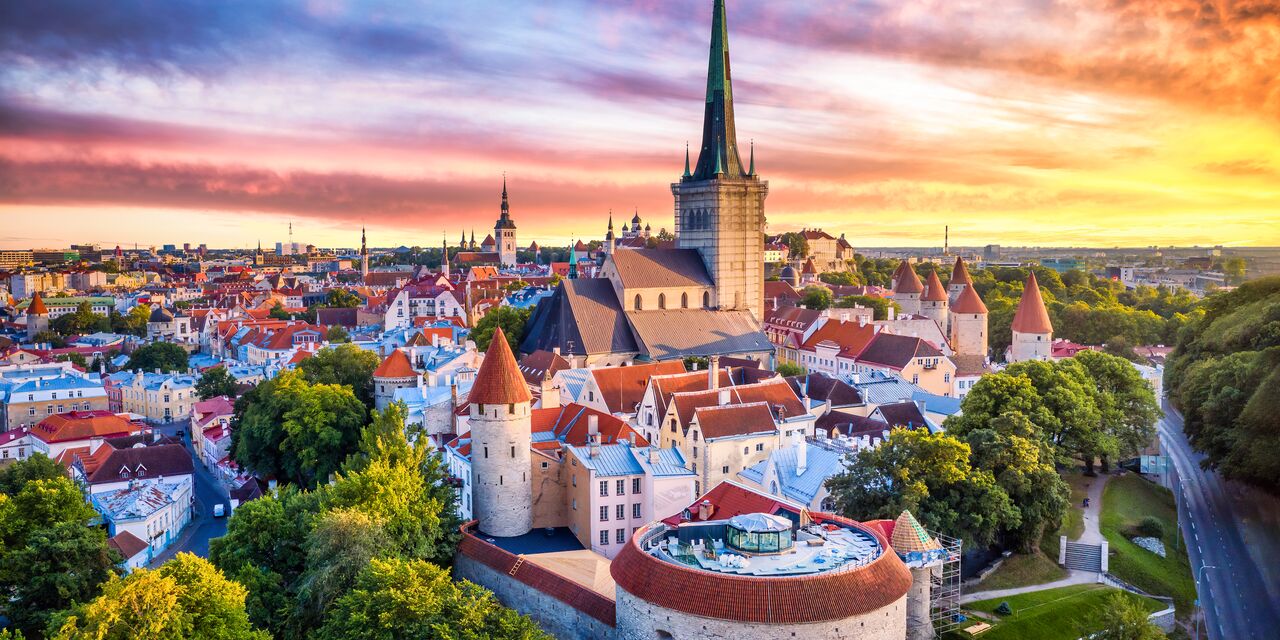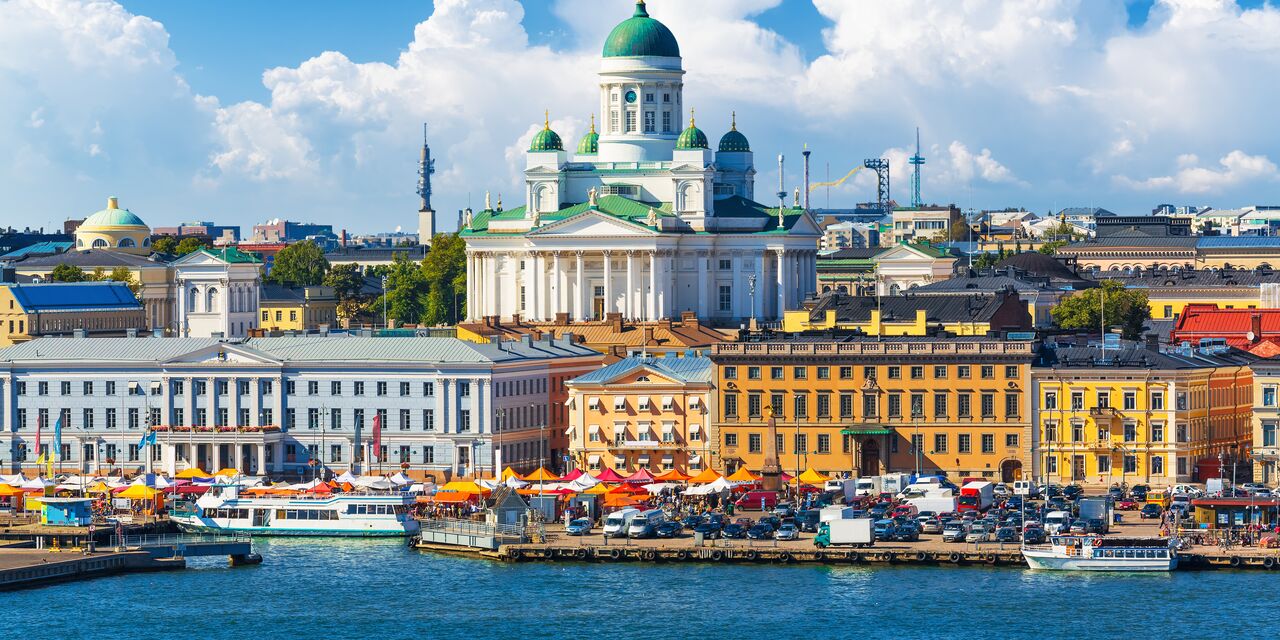Horrific extermination complex
Auschwitz was an extermination complex that consisted of 3 large camps and dozens of smaller camps. Shortly after the Germans conquered Poland, they opened Auschwitz, the ‘stammlager’ (prisoner-of-war camp), with a capacity for 10,000 prisoners. Located 3 kilometres away, Auschwitz-Birkenau, also known as Auschwitz II, was the larger extermination camp. Auschwitz-Monowitz (Auschwitz III) was the work camp where companies such as Krupp, IG Farben and Siemens had their facilities. Around 1.5 million people were deported to Auschwitz by train, transported in cargo compartments - mostly Jews, but also Roma, those who were handicapped and homosexuals. An estimated 1.1 million people were gassed or executed immediately upon arrival. Another 200,000 people died of disease or hunger. Of the 150,000 people who survived Auschwitz, thousands still died later in other concentration camps or during the so-called death marches. When Auschwitz was liberated on 27 January 1945, approximately 7,500 prisoners were still alive - deathly ill, exhausted and malnourished.
A visit to Auschwitz
From Krakow, it’s an hour and a half by train to Auschwitz I and II - the station lies halfway between the camps; from there continue by shuttle bus or take a taxi. The bus from Krakow also takes an hour and a half but will drop visitors right at the gates of the two camps. Admission is free and a 3.5 hour guided tour costs approximately 10 Euro. Either way, you can only visit at specific times with a reservation or ticket; see www.visit.auschwitz.org . In Krakow there are numerous organised tours available (including transportation, admission and guided tour) for 30-40 Euro per person.

